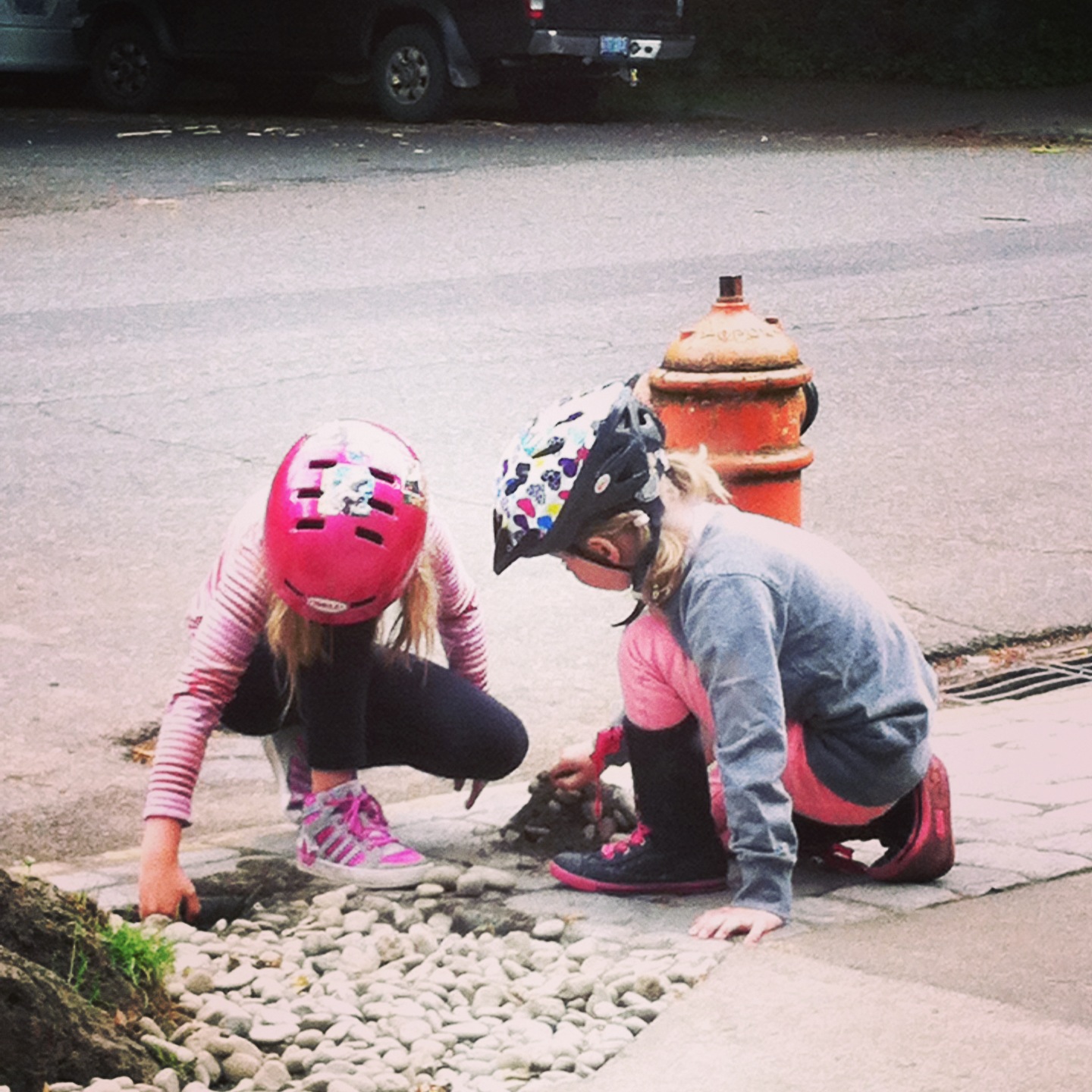Everyday Urbanism: Why We are All Urbanists
I call myself an urbanist, but what does that really mean? Being an urbanist is not something that requires a rigidly defined body of knowledge. There is no degree for urbanism, no certificate or qualifying test. Urbanists come from a myriad of disciplines: sociologists, anthropologists, geographers, economists, city planners (and other such “-ists” and “-ers” I’m sure I’ve missed). While these degrees are good for other things of course, they are by no means necessary to be an urbanist. It seems then the people who decide to call themselves urbanists are simply those that are united by a passion for urban environments and have some sort of urban-related knowledge - which therefore could technically be anyone. In a world where more than half of all people now live in cities, and with no degree for it, I wonder - where are all the urbanists?
One of the most well-known urbanists was Jane Jacobs, a woman who exemplified this passion for cities, but did not otherwise have any formal training. She was criticized for not having a degree in planning, especially since her writing and advocacy work explicitly criticized city planning of her time. What made Jacobs different I think, as a pioneer of urbanism, was not only her ability to organize and communicate effectively, but also her ability to observe the urban environment. But again, is that so strange? Watching people is what people do best. While Jacobs displays exquisite skill in her prose and introduces brilliant terminology used to this day (“eyes on the street” being a personal favorite of mine), the act of public participation and urban observation can, and I argue should, be done by everyone.
I think of this concept as Everyday Urbanism - if you live in an urban environment, you have the full ability to observe the world around you. Those who live in a neighborhood know more than anyone the goings-on of their street - the early commuters, the dog-walkers, shops’ opening and closing routines. Like Jacobs on her street in Greenwich Village, all it takes is a sense of joy and ownership as an active participant in your surroundings. If you are passionate about your neighborhood, there’s no reason you too can’t impact the planning process simply because of your involvement in the street-ballet.
I’ve done this kind of research for the sake of science (and one of those “-ist” degree of course), but it doesn't necessarily have to be the case that researchers and the like are the only ones gathering data on the city. My title of choice stems from the combination of my degrees, urban studies and anthropology. Both of which include highly specialized bodies of knowledge, but I think theoretically can be done by anybody. Anthropology is one of those funny things - it's technically the study of humans through a variety of means. I've specialized in cultural anthropology and conducted ethnographies, which are technically done in a very specific way in order to be recognized in the scientific community. But as humans, surrounded by humans, I think we've all completed step number one for being an anthropologist - being human. And with more than half of all humans now living in cities, I think the same can be said about being an urbanist as well.
Aside from formal research, I have also spent time living on lively streets observing the daily routines in an everyday way as a member of a community. This is how a location truly becomes a place. When one can recognize the telltale squeal of the yellow Beetle next door, or the precise timing of the young man on a bicycle as you round the corner on the way to work, you really feel as though you have a sense of that place. It’s that feeling when you have the same bus driver every day or get coffee from the same barista. We all experience the city in similar ways. I think we are all urbanists - we all have the ability to watch and participate, and many of us do this without realizing it already.
Urbanism to me is the inability to hold back a smile as you walk through your city. With all there is in an urban environment to observe, explore, and interact with, this to me is the ultimate achievement in livability. If we all strive for this goal by celebrating our part as urbanists, our inherent places in our respective spaces, we too can save a park or contribute to the great urban ethnography we all currently live in. As idealistic as it may sound, it has become so much easier to capture these moments and share them with others (or even engage in a little insurgent urbanism while we're at it). In your everyday lives, I urge you to take some time - observe the urban environment around you and soak in the city. We are all urbanists. We all have the opportunity to observe and affect our urban environments.



